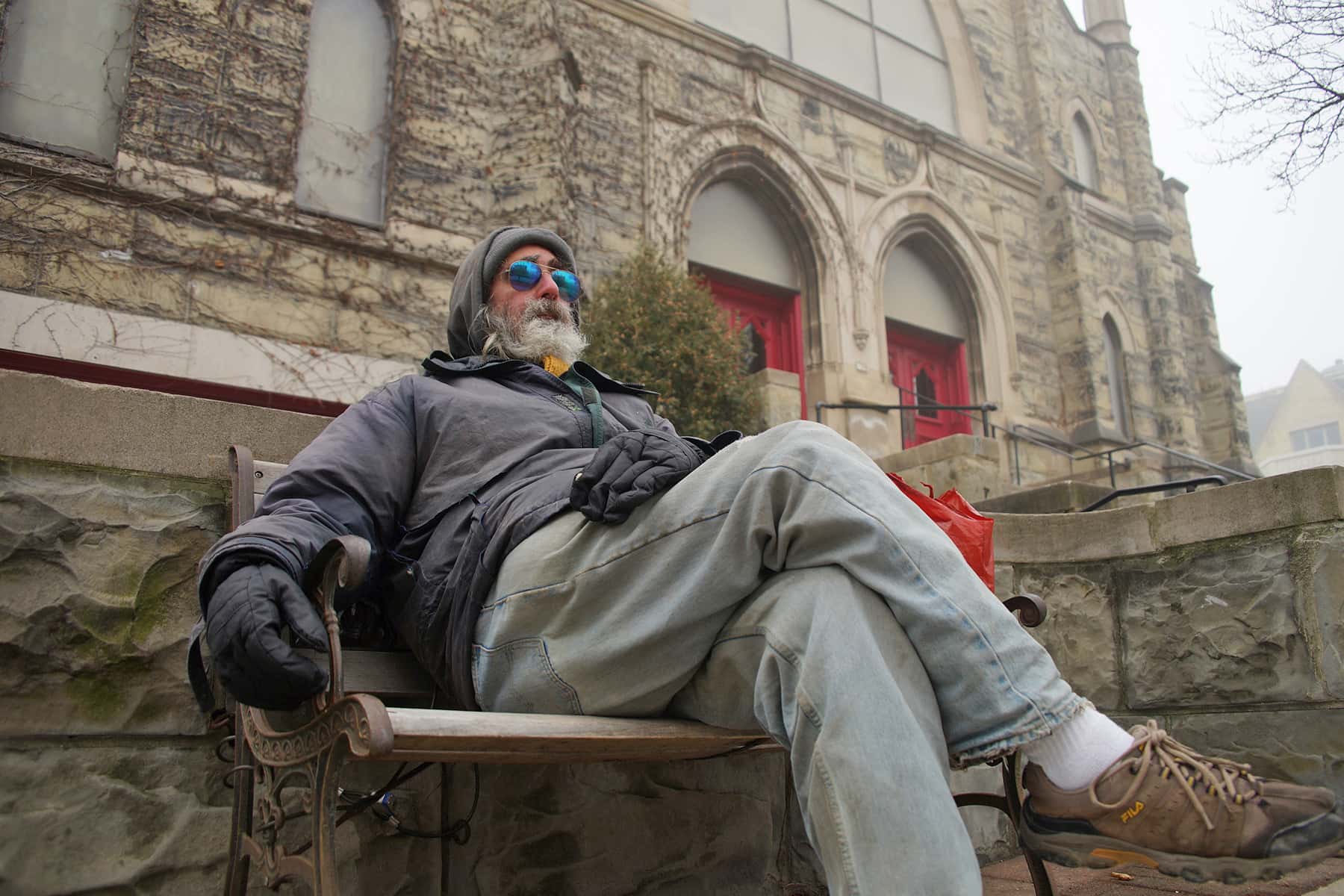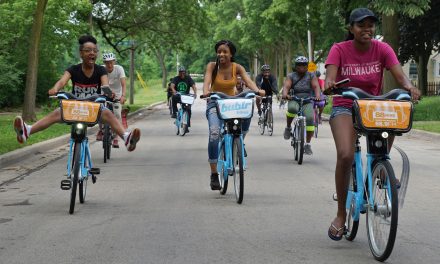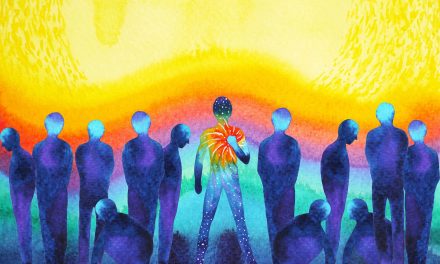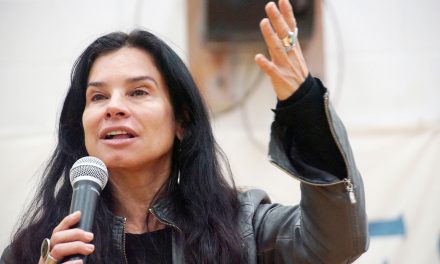
As the COVID-19 pandemic continues, millions of people in the United Stqtes are coming to terms with being increasingly cut off from society.
Beyond the inconvenience of working from home, or not being able to go to bars, restaurants or cinemas, however, experts have found that social isolation can have a profound effect on people’s physical, as well as mental health. Long-term, isolation even increases the risk of premature death. It’s being called a “social recession” to match any economic downturn also caused by the growing pandemic and it can have profound physical and psychological effects.
“People who are more socially connected show less inflammation, conversely people who are more isolated and lonely show increased chronic inflammation. Chronic inflammation has been implicated in a variety of chronic diseases,” said Julianne Holt-Lunstad, a professor of psychology and neuroscience at Brigham Young University. “We also have evidence that this is linked to cardiovascular function like blood pressure, heart rate, circulating stress hormones. It’s been linked to even cellular ageing.”
Bars and restaurants have been ordered closed in at least 11 states, including California, Illinois and New York, while more than 30 states have closed down schools. On March 16, people in six counties in northern California were ordered to stay at home, one of the strictest measures yet in the US. France had imposed a lockdown which only allows people to make trips to supermarkets, pharmacies and their workplaces – should working from home not be an option, while Germany has closed places of worship, playgrounds and non-essential shops.
As countries across the globe hunker down, Holt-Lunstad’s research presents a stark look at what social isolation over a period of years can do to the body. She examined data from across the globe to study the effects of people being socially isolated or lonely, or living alone.
“Each of these significantly predict risk for premature death,” Holt-Lunstad said. “Loneliness increases earlier death by 26%, social isolation by 29% and living alone by 32%.”
Holt-Lunstad did not find that one cause of death was more prevalent than another. The risk of every cause of death – including heart disease, cancer, stroke, renal failure – increased from isolation. A period of a few weeks in isolation should not lead to the inflammation and risk of cardiovascular trouble that Holt-Lunstad described. People could still see an impact on their health, however.
“We do have evidence that these [periods of shorter isolation] can have immediate and short-term kinds of effects on our physiology. But, for instance, if your blood pressure is elevated acutely, that’s going to have a different kind of an effect than if your blood pressure’s elevated chronically,” Holt-Lunstad said. “For those with underlying pre-existing conditions, those acute elevations might precipitate some sort of acute event. But for most of the rest of us, who may not have some kind of underlying condition, we hope that this would just be acute and wouldn’t have these long-term effects.”
One of the reasons people can suffer in social isolation is because personal relationships can help us cope with stress.
“For instance: the ongoing uncertainty of what’s going on right now in the world, your body’s response to that may differ. Depending on the extent to which you feel like you have the resources you need to cope with that. And that in large part may be dependent on whether or not you feel like you have others in your life you can rely on. That you’ve got someone who has your back or you can count on, or you can get through it together,” Holt-Linstad added.
Dhruv Khullar, a physician and researcher at Weill Cornell Medicine in New York, said short periods of isolation can cause increase anxiety or depression “within days”.
“We have evolved to be social creatures. For all the history of humanity, people have been in family structures, people have been in groups, we’re evolved to kind of crave and rely on that interaction with other human beings,” Khullar said. “So when we don’t have that it’s a huge void in the way that we go about being human. This is something that has been kind of hard-wired into who we are as beings.”
Khullar, who stressed the crackdown on social gatherings was necessary, said people do at least have a wealth of options to stay connected. Texting, video calling or even the phone could potentially help avert the sense of isolation or loneliness, Khullar said.
“Tech isn’t a perfect substitute. Physical contact, being face to face with people, there’s all sorts of subtle social cues that we pick up on that we rely on, that are ingrained in us over generations and millennia,”Khullar said. “But I do think you can get part of the way there by engaging with others digitally. I think the richer the format, probably the better – so a phone call is better than a text, a video conference is probably better than a phone call.”
Older people, who are more at risk of COVID_19, may be less technologically savvy, and may have fewer connections to begin with. They might not be able to video conference or even send a text message. Khullar said it was important to reassure them that help is at hand.
“Let’s look out for the people that are most vulnerable,” Khullar added. “Make sure that you’re reaching out to them to make sure that they’re doing OK, that they understand that there are people still looking out for them that they’re bonded with, that they’re connected with.”
Аdаm Gаbbаtt
Lee Matz
Originally published on The Guardian as ‘Social recession’: how isolation can affect physical and mental health
Help deliver the independent journalism that the world needs, make a contribution of support to The Guardian.














